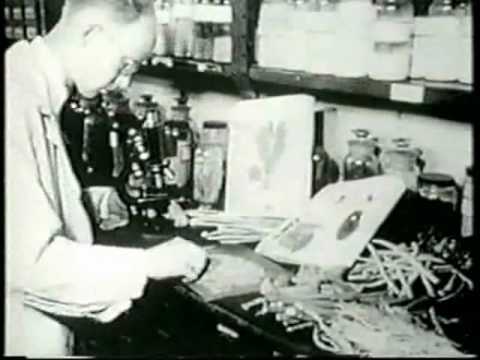The modern day mainstream medical industry has a dubious history, deeply rooted by a drive for profit through the subversion and suppression of non-profitable and non-patentable therapies and treatments.
To this day mainstream allopathic doctors and practitioners are heavily indoctrinated into a system that protects ever increasing industry profits while fiercely defending orthodox therapies. The network of allopathic medical institutions and education strictly denies medical freedom and outlaws any treatments that cannot generate market share profits for their monopolized industry.





















